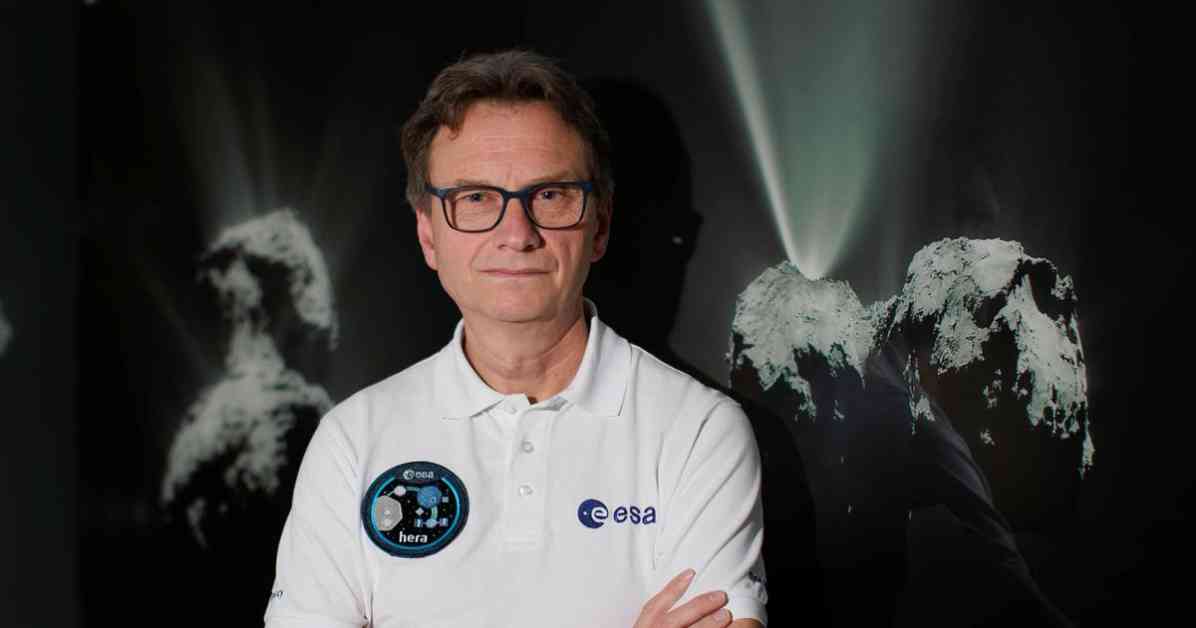Belfast Astronomer’s Mission to Prevent Asteroid Strike
In a groundbreaking mission to prevent potential asteroid strikes on Earth, Belfast-based astronomer Professor Alan Fitzsimmons from Queen’s University Belfast is at the forefront of a planetary defense initiative. The European Space Agency (ESA) Hera mission, spearheaded by Professor Fitzsimmons, aims to gather crucial data that could pave the way for deflecting asteroids hurtling towards our planet.
The Importance of the Hera Mission
Recently, Professor Fitzsimmons oversaw the ground control operations for the Hera mission at the European Space Operations Centre in Germany. Hera, launched into space aboard a SpaceX Falcon 9 rocket from the Kennedy Space Centre in Florida, is focused on studying the effects of the NASA Dart mission’s impact on the asteroid moon Dimorphos. By measuring the mass displaced by Dart’s kinetic impactor technology, Hera seeks to understand the precise outcomes of such interventions.
Novel Techniques in Asteroid Deflection
Professor Fitzsimmons elaborated on the three primary techniques being explored for deflecting asteroids. The kinetic impact technique involves directing a spacecraft at high speed to alter an asteroid’s course using kinetic energy. Additionally, the gravity tractor method utilizes gravitational forces to nudge asteroids off their collision paths without physical contact. Lastly, the blast deflection approach, though less favored due to treaty restrictions on nuclear devices in space, involves detonating explosives near asteroids to alter their trajectories.
The Urgency of Asteroid Threat Mitigation
Despite astronomers’ significant progress in identifying large asteroids, there remains a looming risk from smaller, undetected celestial bodies. Professor Fitzsimmons emphasized the critical nature of mitigating asteroid impacts, drawing parallels to natural disasters like earthquakes and volcanic eruptions. By leveraging advancements in space technology, humanity stands on the brink of preventing catastrophic asteroid collisions, a feat unimaginable to past civilizations.
As Professor Fitzsimmons aptly points out, the ability to avert asteroid impacts represents a pivotal milestone for human civilization. With dedicated efforts from scientists and engineers worldwide, the prospect of intercepting potentially hazardous asteroids before they pose a threat is becoming increasingly feasible. The Hera mission exemplifies our collective commitment to safeguarding our planet from cosmic dangers, underscoring the profound impact of scientific innovation on humanity’s future.
So, the next time you gaze up at the night sky, contemplate the tireless efforts of astronomers like Professor Fitzsimmons, working diligently to protect Earth from unseen cosmic perils. As we navigate the vast expanse of space, their mission serves as a beacon of hope, illuminating the path towards a safer, more secure future for our planet and all who call it home.




